“America is OPEN FOR BUSINESS,” President Donald Trump shared on Truth Social, just as the details of the US-UK trade deal were coming to light. It was an important clarification. Not only did the substantial tariffs announced on “Liberation Day” suggest, strongly, that this might not be the case, but the President’s rhetoric since then has ranged from ultra-protectionist to free-trade enthusiast.
“I’m just saying [children] don’t need to have 30 dolls. They can have three,” Trump told NBC just days ago, when asked about the prospect of empty shelves and higher prices. “They don’t need to have 250 pencils. They can have five.” The comments came at the same time the administration was hinting that a free trade agreement with India was about to be signed.
Britain, however, beat all other countries to it, becoming the first example of America being open for business – on Trump’s terms, of course. The deal is not a comprehensive FTA: it focuses on key industries, including steel, aluminum, agriculture and automotives.
The simple numbers suggest this is a deal weighted towards American interest. UK barriers to trade have been reduced substantially, offering British consumers easier and faster access to a range of US goods, including ethanol and beef. Critically, the 10 percent on all US imports remains in place. And as Michael Simmons points out on the latest Coffee House Shots, the exemptions carved out for automotive exports from the UK to the US may end up acting more like a cap than a privilege of free trade.
But a notable compromise has been made on both sides. It is very surprising the US did not manage to dent the Digital Services Tax, which disproportionately affects American companies like Amazon. Furthermore, the major hindrance to a deal in the past – exporting chlorinated chicken to the UK – was brushed aside. It turned out, it wasn’t a priority for Trump. “They’ll take what they want,” Trump told the pool of reporters during the press conference. “People are going to be able to have options, choice. And they’ll have more of it. And that usually means lower prices.”
This is a very different world to the one that existed just weeks ago, with the President making basic yet important points about the benefits of free trade. But it’s still a world heavily weighed down by the new US tariff regime, which is expected to hike prices globally and limit those options and choices Trump talks about. We have barely begun to feel the impact of the 10 percent baseline tax. While today’s deal may have mitigated some of the more extreme outcomes, it has not eliminated them altogether.
For other countries gearing up to try to secure their own trade deals, there are two key takeaways from what the UK has secured. First, it seems unlikely that the 10 percent levy is going to disappear anytime soon. The other was a comment made by Commerce Secretary Howard Lutnick. When commenting on how the UK managed to strike this deal – and so quickly too – he mentioned that the UK trade team looked at where their other imports were coming from, what “they’re importing from other people” and how instead they could start “sending them over to America.” In other words, rather than have your own country produce less, look at what you rely on from other parts of the world, and ask: could I source this from America instead?
This is, to use MAGA’s favorite phrase, the “America First” agenda: to ask countries to make America their first source for what they import. This is bound to become a bigger factor, and challenge, as America starts negotiating with countries that feel other trade deals are distorting their export game. Trump may not find every country is as nimble, or happy to negotiate, as Britain.
And why was Britain so happy to negotiate? Especially considering the backlash Keir Starmer is already under for agreeing to a deal that seems to benefit America more when it comes to trade levies? The answer – albeit the tough argument to make – is that it is always beneficial to lower your own barriers to trade, even if the other country is keeping their barriers high. This was articulated, ironically, by Trump himself today: it’s a deal, he said, that is “so good for both countries… [Britain will] end up getting products that they’ll be able to price. And if they like ’em better, and we make great products, they’ll be buying those products. But they were not available in the UK.”
That is the huge benefit to British consumers – more products, lower prices – in addition to the reduction in tariffs Starmer managed to negotiate. A high tariff is a high tax on your own citizens. The 10 percent blanket tariff on foreign products coming to America is a price paid by Americans. The $6 billion Trump keeps touting will be raised from this deal is the additional tax American businesses will pay for foreign goods and foreign parts.
Britons, on the other hand, will get more and pay less for it. It’s a win for Britain. And it’s an encouraging sign for America that neomercantilism has not – yet – won the day.



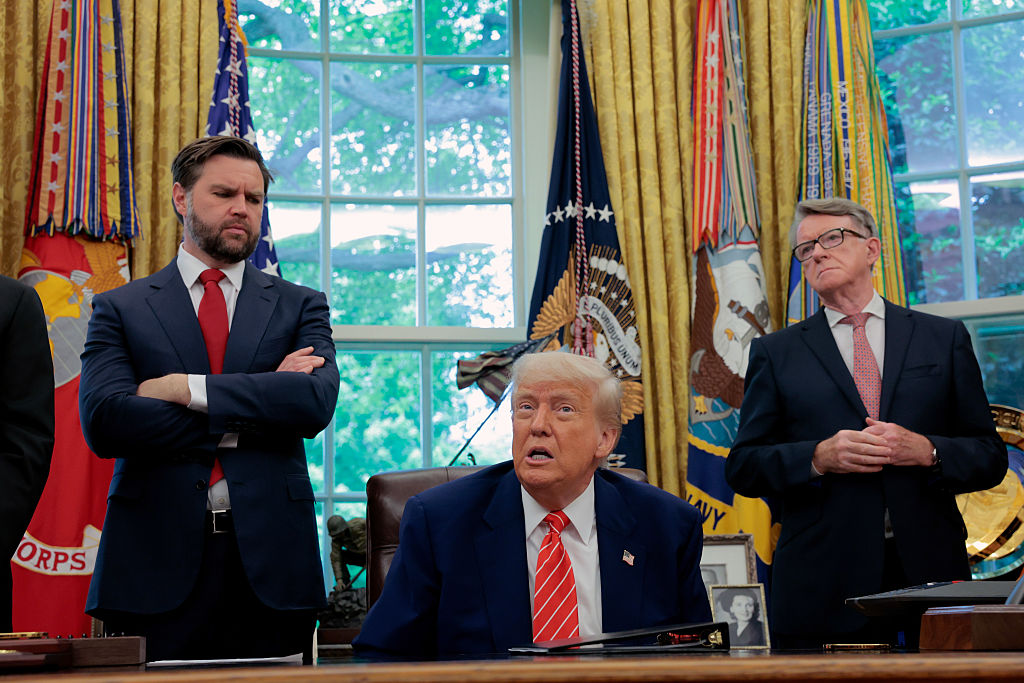






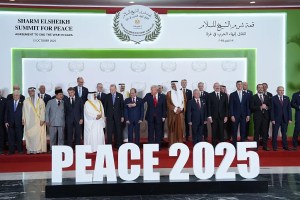
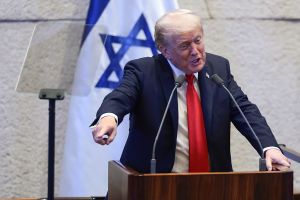
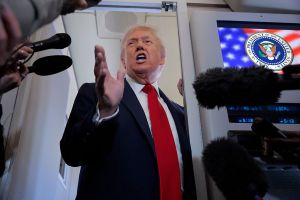
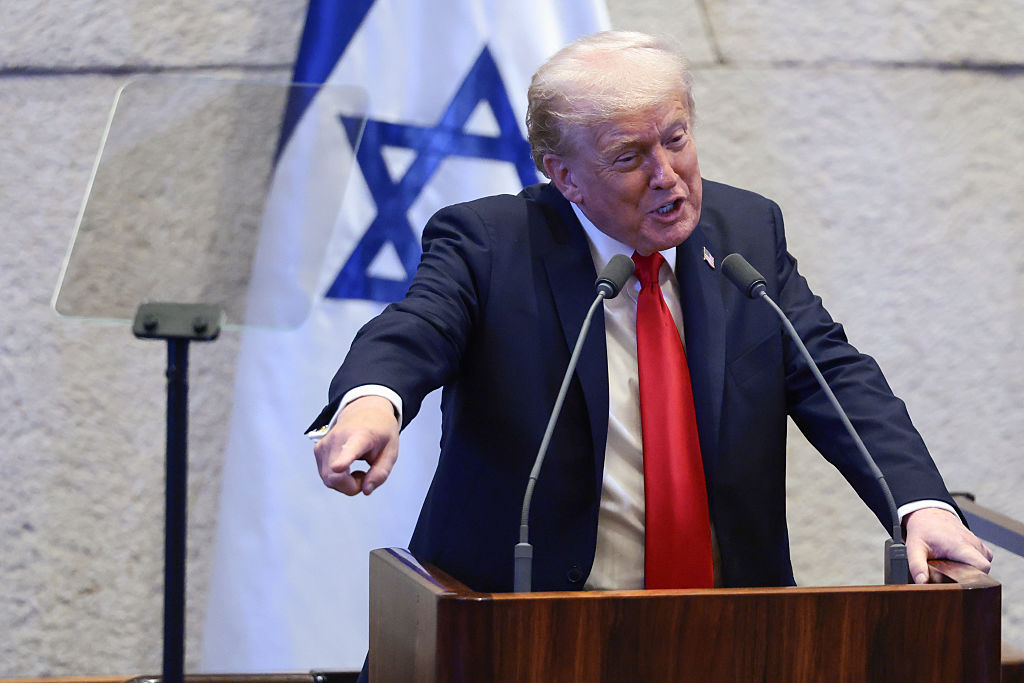
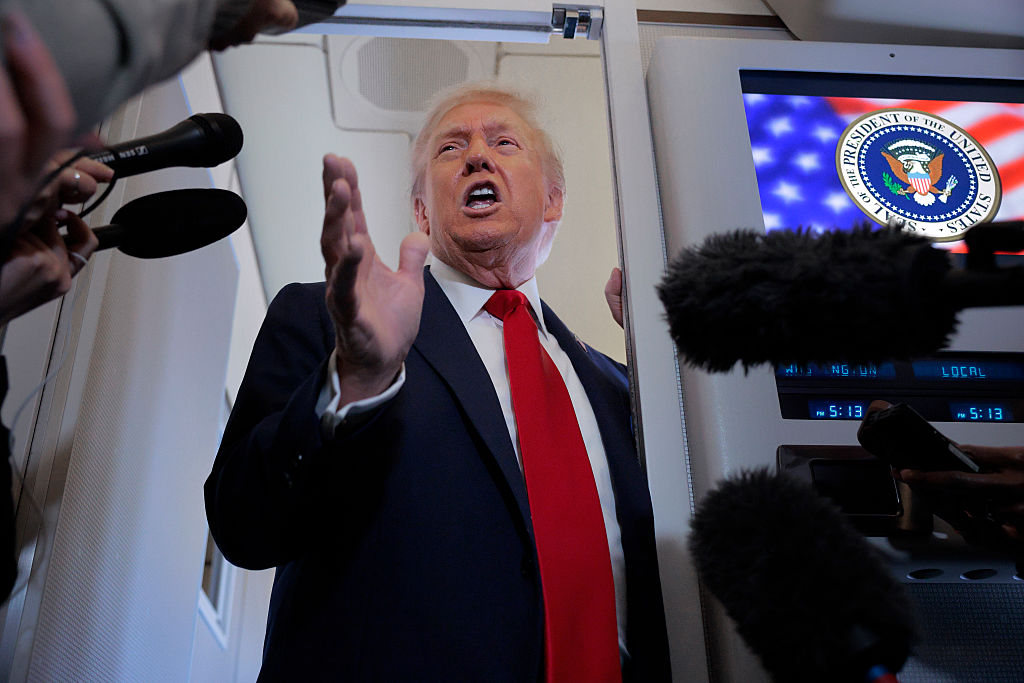

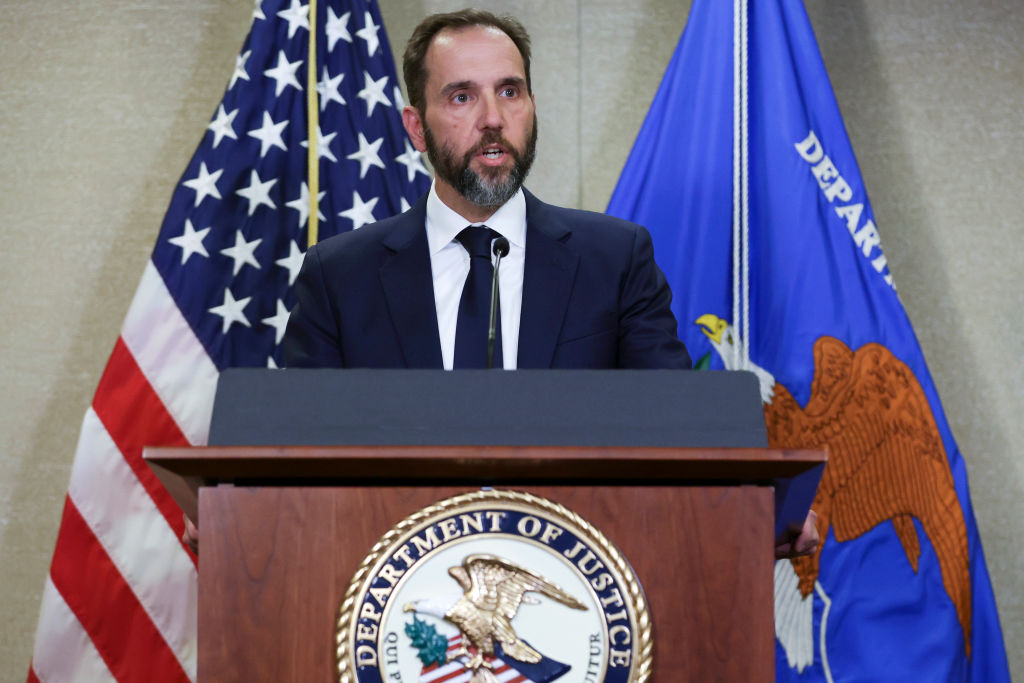
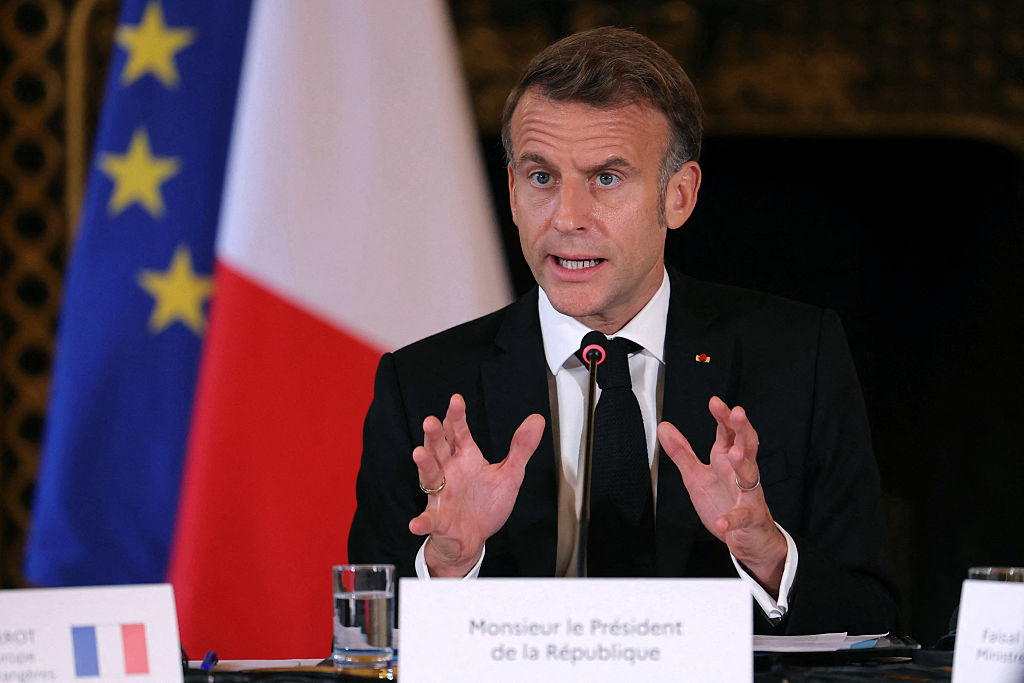








Leave a Reply